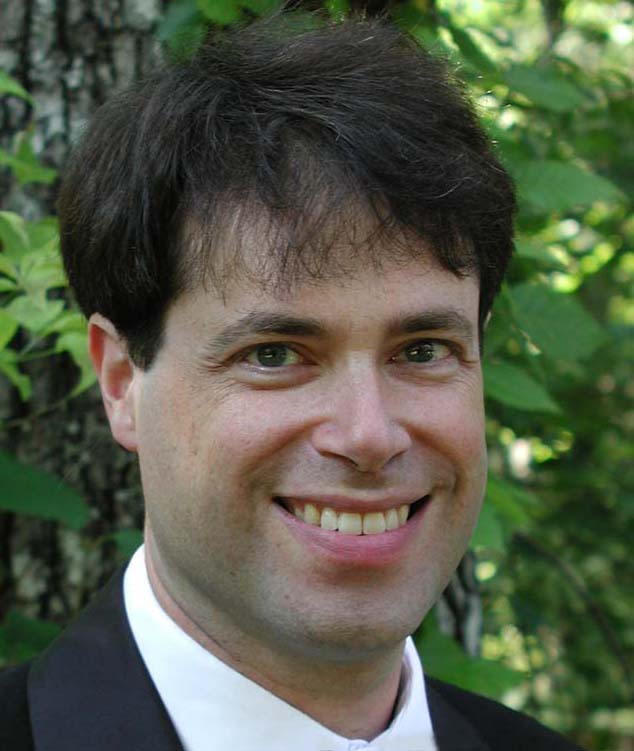Michael Gurt claims to be a simple guy. But this simple guy, the Manship professor of piano in the School of Music and Dramatic Arts, will play a piece tonight he said was probably written to be played on a different planet.
Gurt will be playing Beethoven’s “Hammerklavier” Sonata tonight at the School of Music Recital Hall, and David Smyth, Galante Professor of musical theory, said this is one of the most difficult pieces to play on the piano.
“There are rigorous harmonic and technical challenges,” Smyth said. “And almost no one plays it to the tempo Beethoven wrote it at. I’ve never heard anyone play it as fast as Gurt.”
Gurt said the Hammerklavier is not a flashy piece so much as a test of concentration, and it is uncomfortable to play.
“When this is played perfectly, the audience will not know what hit them,” Gurt said. “It is not a show piece; it’s 10 times harder to play than it sounds.”
Gurt and Smyth both said the importance of this concert is how rare it is to hear the Hammerklavier Sonata played at close to its original tempo, in its full 40 minutes, live.
Gurt said the difficulty stems from the amount of different subjects being played at the same time.
“When you sing ‘Row Your Boat,’ everyone starts at a different time yet it sounds fine,” Gurt said. “In this piece, various things are going on at the same time to form something single, but it is more difficult when one person plays three things at the same time.”
Gurt said pieces like this are not uncommon, but they are never played for the length of the Hammerklavier.
Smyth said Gurt displays his expertise in the piano by taking on this challenge.
“This piece is not in the repertoire of amateurs,” Smyth said. “It will seldom be seen on recital programs because it is so long and difficult.”
At 40 minutes, Smyth said, the Hammerklavier is a challenge on the audience as well.
“Beethoven was busy being Beethoven when he wrote this piece,” Gurt said. “He was not trying to please the listener. If there is beauty in ugliness, here it is.”
Smyth said Gurt comes from a musical family, and has a near-photographic memory of all types of music.
Gurt loves a challenge, and Smyth said although he is not a show-off, when he plays a flashy encore, the audience knows it has heard something special.
“The challenge generally is to play better, not to play a harder piece, Gurt said. “There aren’t easy pieces to play well. This is one of the few where the challenge is the biggest part of the piece; maybe after 20 years I can approach it more musically.”
Smyth will give a brief lecture talking about Beethoven and give a capsule view of the sonata before Gurt begins playing.
Smyth said this performance will be one of a kind.
“People say Beethoven’s late work has to be grown into; you have to be spiritually mature to understand it,” Smyth said. “You can see clips of 9-year-olds playing amazing stuff on the piano but they will not have the emotional maturity to impart the spiritual message.”





